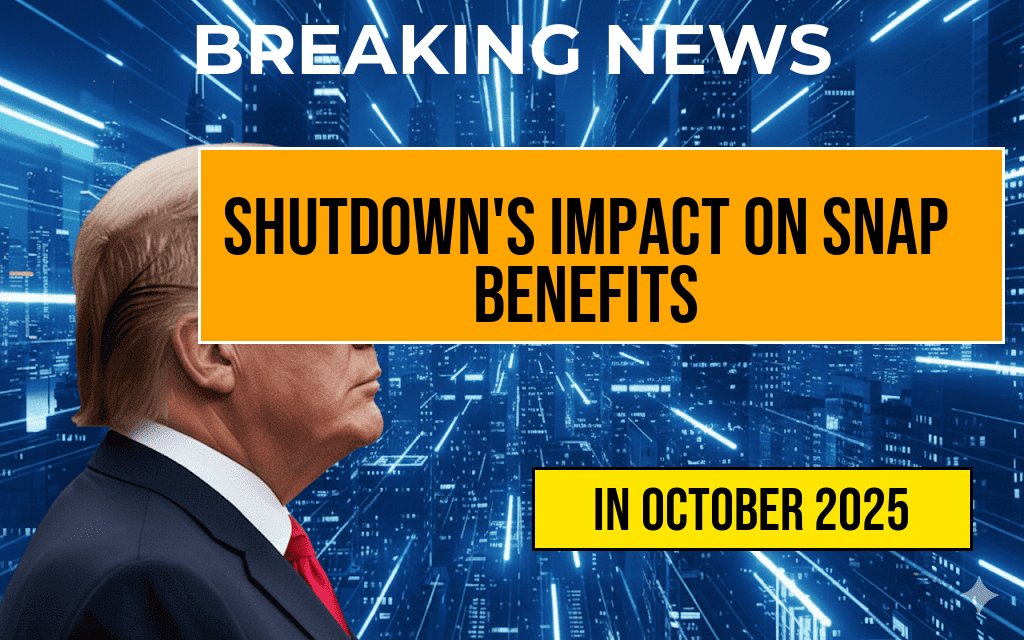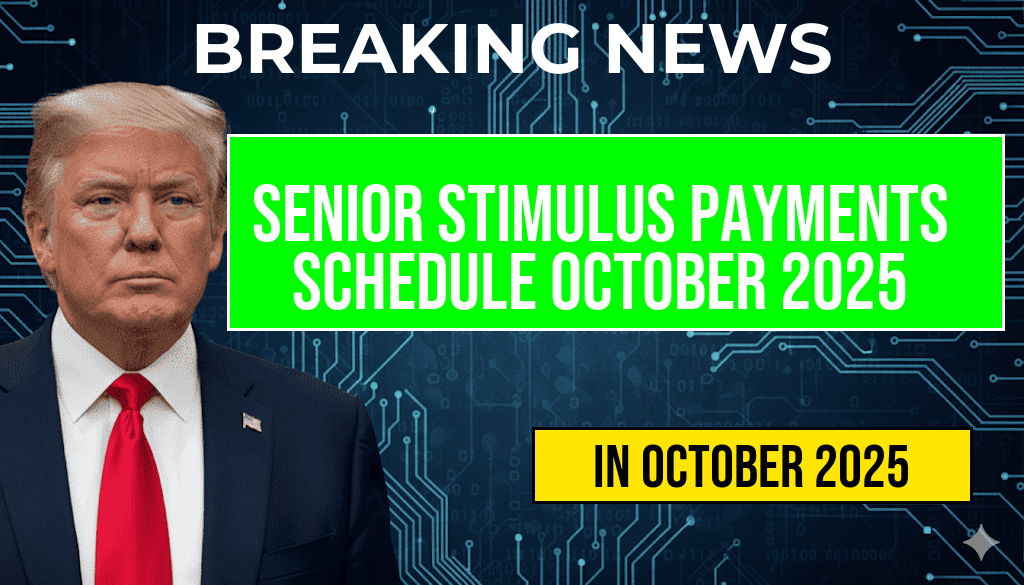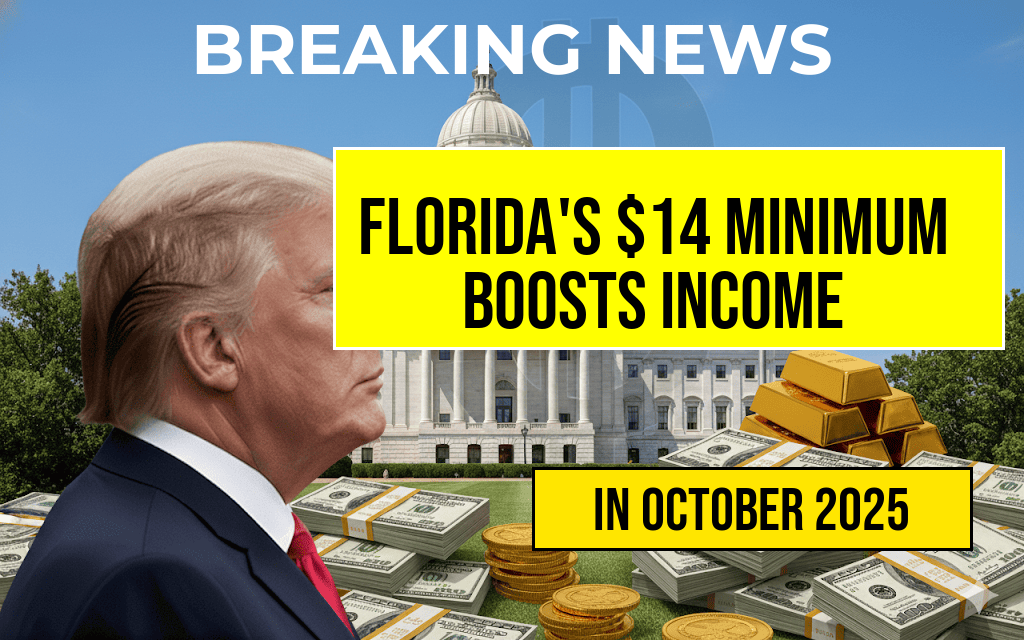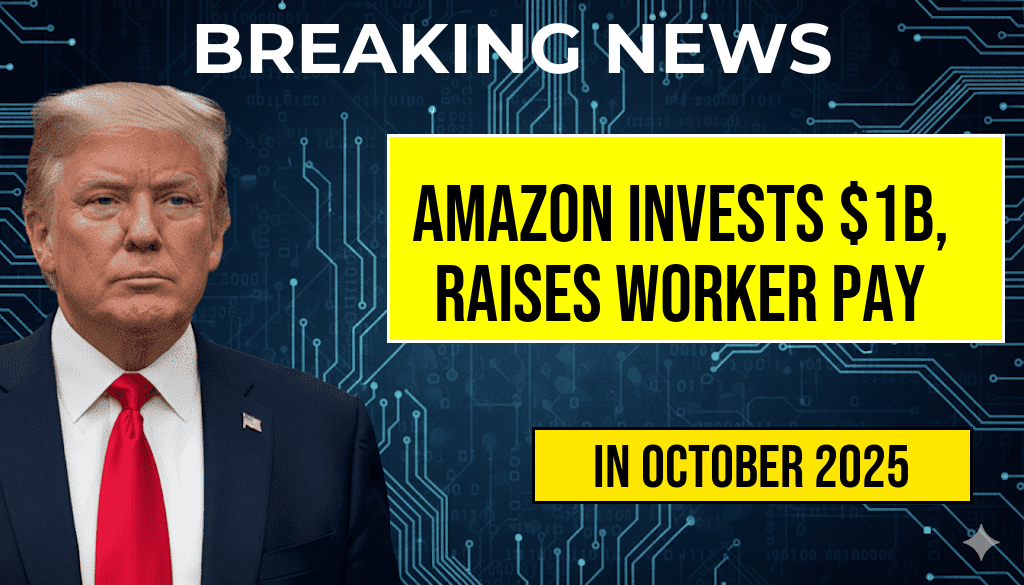The impending government shutdown threatens to disrupt essential social safety net programs, including the Supplemental Nutrition Assistance Program (SNAP). With federal funding set to lapse amid ongoing budget disagreements, millions of Americans relying on food assistance could face delays or interruptions in benefits. While some agencies have contingency plans, the duration of the shutdown and legislative decisions will significantly influence the extent of impact on vulnerable populations. This development raises concerns among advocacy groups, lawmakers, and recipients about potential food insecurity and the broader implications for community health during economic uncertainty.
Understanding the Scope of SNAP and Food Assistance Programs
The SNAP program, formerly known as food stamps, is the largest federal nutrition assistance initiative, providing monthly benefits to approximately 42 million Americans (as of 2023). Administered through state agencies but funded federally, SNAP supports low-income individuals and families in purchasing nutritious food. Other related programs, such as the Child Nutrition Programs and WIC (Women, Infants, and Children), also rely heavily on federal appropriations to operate effectively.
These programs are crucial during periods of economic downturn or crisis, serving as a lifeline for households facing job losses, medical emergencies, or other financial hardships. Any disruption to these benefits could intensify food insecurity, elevate emergency food pantry demand, and strain local resources.
How a Government Shutdown Could Affect Food Benefits
Funding Disruptions and Benefit Delays
Federal agencies responsible for administering SNAP and related programs primarily rely on annual appropriations from Congress. During a shutdown, non-essential federal services often close, and funding for ongoing operations can be delayed. While some programs have contingency funds or statutory protections, these are not always sufficient to cover extended shutdowns.
In past shutdowns, recipients have experienced delays in benefit issuance, with some reports of benefits being temporarily unavailable or reduced. The U.S. Department of Agriculture (USDA), which oversees SNAP, has indicated that benefits are generally issued at the beginning of each month, but disruptions to administrative functions could delay this process, especially if staffing levels decrease or systems experience technical issues.
State-Level Variations and Contingency Plans
States play a key role in distributing SNAP benefits, with their own budgets and administrative capacity. Some states have built up reserve funds or implemented contingency plans to mitigate the impact of federal funding gaps. However, these buffers are limited, and prolonged shutdowns could still result in benefit disruptions for many recipients.
For example, during the 2019 shutdown, some states managed to continue issuing benefits for a few weeks, but eventually, delays emerged in processing applications and reauthorizations. The current political environment suggests that, if the shutdown extends beyond a few weeks, the likelihood of widespread benefit disruptions increases.
Impacts on Vulnerable Populations and Community Health
| Impact Area | Description |
|---|---|
| Food Security | Reduced or delayed benefits could lead to increased food insecurity among low-income families, seniors, and individuals with disabilities. |
| Health Outcomes | Insufficient nutrition can exacerbate health problems, especially for children, pregnant women, and immunocompromised individuals. |
| Economic Strain | Local food banks and community organizations may face increased demand, stretching limited resources. |
| Educational Impact | Children relying on free or reduced-price meals might face interruptions, affecting their nutrition and learning. |
Policy Responses and Legislative Remedies
Lawmakers have recognized the potential crisis that a shutdown could create for food assistance programs. Several bills have been introduced to provide temporary funding or protect benefits during funding lapses. For instance, legislation aimed at maintaining SNAP benefits during government shutdowns has been proposed, but passage depends on broader budget negotiations.
Administration officials have also emphasized the importance of safeguarding these benefits, noting that federal funds allocated for nutrition assistance are vital for public health and economic stability. Still, without an enacted funding package, the risk of benefit interruptions remains.
What Recipients Can Do During Uncertain Times
- Stay informed through official channels such as state SNAP offices and USDA updates.
- Ensure contact information with local agencies is current to receive timely notices.
- Plan for potential delays by budgeting existing benefits carefully.
- Explore community resources, including food banks and local charities, for supplemental support.
- Advocate for legislative action to protect vital nutrition programs.
While federal agencies and community organizations work toward minimizing disruptions, recipients should prepare for possible delays and seek assistance proactively. Experts suggest that, in past shutdown scenarios, swift legislative action eventually restored full benefits, but the period of uncertainty can still cause hardship for many Americans.
Looking Ahead
The upcoming weeks will reveal whether Congress can reach a funding agreement to prevent a shutdown or mitigate its impact on critical social programs. As discussions unfold, the focus remains on safeguarding food security for vulnerable populations and ensuring that essential nutrition support continues uninterrupted. Stakeholders across government, advocacy groups, and communities will be watching closely, emphasizing the importance of bipartisan cooperation in protecting these vital services during turbulent times.
Frequently Asked Questions
What is the impact of a government shutdown on SNAP benefits?
During a government shutdown, SNAP benefits may be temporarily disrupted or delayed, potentially affecting recipients’ ability to access food assistance. However, in many cases, benefits are protected for a certain period, but ongoing disruptions can impact distributions.
Will food assistance programs continue to operate during a shutdown?
Many food assistance programs, including SNAP, are considered essential and may continue to operate during a government shutdown. Nonetheless, funding delays could lead to temporary disruptions or delays in benefit payments.
How long can SNAP benefits be affected during a shutdown?
The duration of SNAP benefit disruptions depends on the length of the government shutdown and available emergency funding. Short-term shutdowns may have minimal impact, while prolonged closures could significantly affect benefit distribution.
Are there any resources available for food assistance recipients during a shutdown?
Yes, food assistance recipients can contact local WIC offices, food banks, or community organizations for support. Additionally, some states may implement contingency plans to mitigate the impact on SNAP recipients.
What should I do if my SNAP benefits are delayed due to a shutdown?
If your SNAP benefits are delayed, contact your local Department of Social Services or SNAP office for assistance. Keep documentation of any communication and consider exploring local food banks or emergency assistance programs as interim support.






